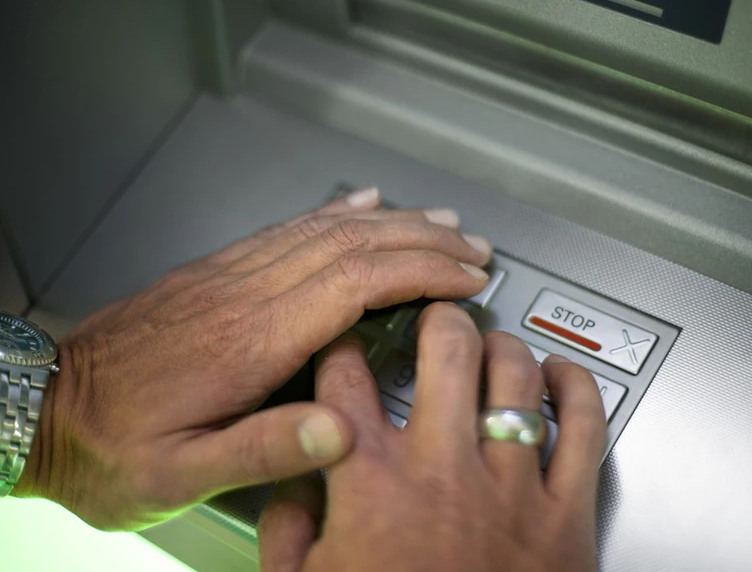Legal expert Mark Pieth is amazed that Switzerland is taking its own problematic approach to international sanctions against Russia. This content was published on February 26, 2022 - 11:00 February 26, 2022 - 11:00 Opinion by Mark Pieth Mark Pieth, Criminal Law Professor, University of Basel When Russia invaded Ukraine, the US and the EU announced economic sanctions, whereas Switzerland announced that it would first have to analyse the new situation. The obvious question there is what has the Swiss Government been doing for the past few weeks, as tensions have been rising?The real problem, however, is that Switzerland announced it would take some measures to reduce the risk of circumvention of sanctions, but it didn’t envisage blocking funds of anyone
Topics:
Swissinfo considers the following as important: 3.) Swissinfo Business and Economy, 3) Swiss Markets and News, Business, Featured, newsletter
This could be interesting, too:
Nachrichten Ticker - www.finanzen.ch writes Die Performance der Kryptowährungen in KW 9: Das hat sich bei Bitcoin, Ether & Co. getan
Nachrichten Ticker - www.finanzen.ch writes Wer verbirgt sich hinter der Ethereum-Technologie?
Martin Hartmann writes Eine Analyse nach den Lehren von Milton Friedman
Marc Chandler writes March 2025 Monthly
Legal expert Mark Pieth is amazed that Switzerland is taking its own problematic approach to international sanctions against Russia.
This content was published on February 26, 2022 - 11:00When Russia invaded Ukraine, the US and the EU announced economic sanctions, whereas Switzerland announced that it would first have to analyse the new situation. The obvious question there is what has the Swiss Government been doing for the past few weeks, as tensions have been rising?
The real problem, however, is that Switzerland announced it would take some measures to reduce the risk of circumvention of sanctions, but it didn’t envisage blocking funds of anyone close to the Russian regime. Simply no new money would be allowed to be deposited in Switzerland.
This approach may be understandable from a purely economic point of view. After all, Switzerland is the seat of [gas pipelines] Nord Stream 1 and 2, and isn’t a large part of Russian oil traded through Geneva, including by Russian oligarchs? Yet the official Swiss attitude echoes the experiences that the world had with Switzerland during the Second World War, the Cold War and Apartheid: neutrality was considered a licence to do business with anyone, including criminal regimes.
The Swiss-based business community needs to be aware that for them the official Swiss stance could become rapidly irrelevant. Imagine a bank continuing to lend its services to companies and individuals on the US or EU sanctions list, a not-totally-unlikely scenario. This would not go down well with the rest of the Western world.
It may be that the bank itself is put on the sanctions list as an accomplice of the sanctioned entity. There are ways to declare the bank a “primary money-laundering concern”. As an ultimate means, does the international community still need this bank as a correspondent bank? The price of becoming a pariah could be really high, whatever official Switzerland says.
And maybe robust action against Swiss-based sanctions-busters by foreign powers is needed. There are times when being inadequate simply has no place. Let’s remember what Stuart Eizenstat, former US Under Secretary of Commerce for International Trade, said when discussing the role of Switzerland during the Second World War: “Neutrality collided with morality; too often, being neutral provided a pretext for avoiding moral considerations”.
The views expressed in this article are solely those of the author, and do not necessarily reflect the views of SWI swissinfo.ch.

In compliance with the JTI standards
More: SWI swissinfo.ch certified by the Journalism Trust Initiative
Tags: Business,Featured,newsletter









